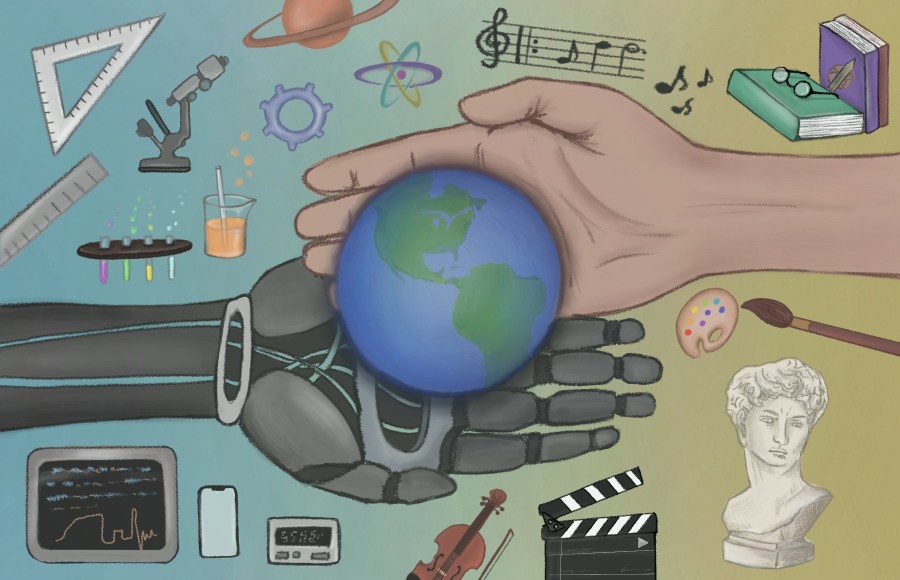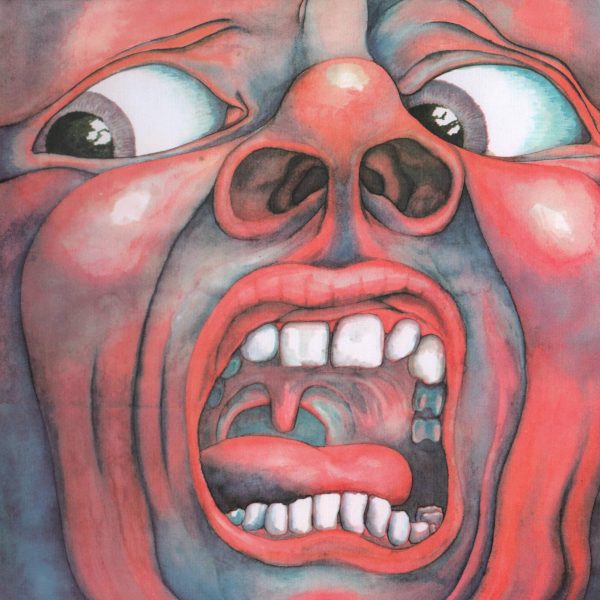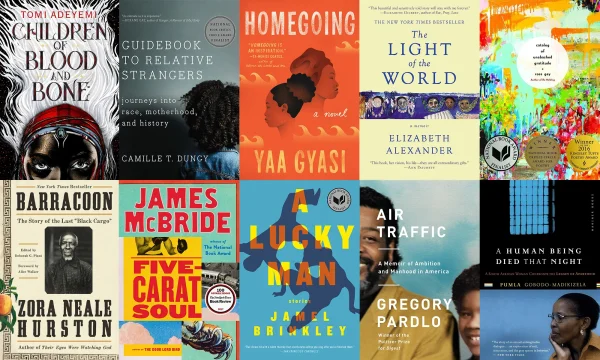The Value of the Humanities in a STEM Obsessed World
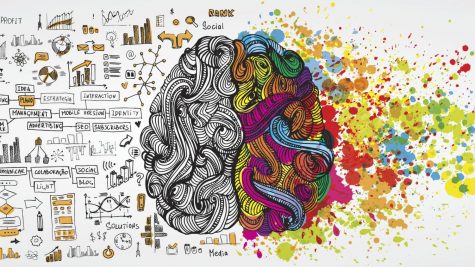
Philosophy. Literature. Gender studies. Anthropology.
It is not uncommon to hear these fields referenced as punchlines to jokes about student debt and unemployment. To a society that places a great deal of value on STEM (science, technology, engineering, math) fields, the humanities are increasingly seen as archaic and a waste of resources, time, and energy. In 2010, the University at Albany announced its plan to cut 5 departments: Classics, Italian, French, Russian, and Theater Arts. The Atlantic mentions how, “In the top 30 universities, according to U.S. News & World Report, there are now about as many degrees awarded in computer science as in history, English, languages, philosophy, religion, area studies, and linguistics put together.” This increased focus on technical fields is partly the result of fundamental misconceptions that undervalue the humanities and perpetuate the notion that only STEM can contribute to human progress in practical ways. As many high school students feel pressure to pursue STEM pathways and some schools continue to prioritize the sciences, it is important that we recognize the equal value of exploring other fields. In the words of Steve Jobs, “It’s technology married with liberal arts, married with humanities, that yields us the results that make our heart sing.”
It’s undeniable that the humanities’ pursuit of greater global understanding through literature, the arts, politics, language, and philosophy, for example, can have monumental impacts that shape all aspects of society. The performing arts have produced musicals such as Les Misérables and Hamilton that have brought themes of revolution and social progress to the forefront of millions of minds. Archaeologists have unearthed the stories of past civilizations by excavating tools, clothing, buildings, and bones that reveal ancient mysteries. Poets, such as the 2021 inaugural poet Amanda Gorman, have spread historic messages of perseverance. The study of the human experience, in all of its distinct forms, is an essential aspect of our species’ existence on Earth. It has been a stepping stone to progress, our pathway to achieving greater understanding, and a timeless source of inspiration. However, in the digital age, it seems as if the majority of opportunities that are available to us are in one way or another related to science and technology. Students interested in the humanities are often left to fend for themselves and take charge of their own learning. According to SC sophomore Maddie Sokolowski, who is interested in the literary arts,“there haven’t been many resources available to help me on my academic journey. Many English/humanities-based classes only count as elective credit, I think that a lot more could be done to offer equal education to all areas of academic achievement.” While SC freshman Maggie Feinberg hasn’t yet noticed any difference between the teaching of STEM and the humanities at Shorecrest, she does feel as if “overall STEM fields are portrayed as better and more important.” As non-STEM fields are increasingly being marketed to teens as risks not worth taking, it’s important that we not lose sight of their importance. Ultimately, both disciplines have equal potential to bring positive change.
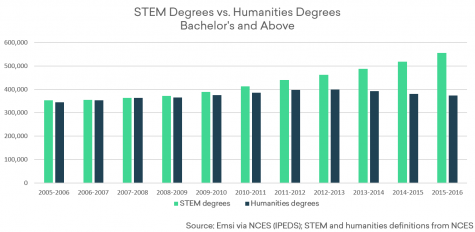
That said, not everyone can afford to gamble with their savings by studying the humanities. To a world that is constantly modernizing and investing in new technologies and lab-based research, many believe that only STEM careers can provide secure employment. With Forbes naming anthropology and archaeology as the worst college majors and spreading horror story warnings of being unemployed, it’s not surprising that this mentality has spread. After all, why would someone spend thousands on tuition for college only to major in a non-STEM field and spend eternity in their parents’ basement? It’s no secret that STEM degrees generally are the highest paying. According to a 2015 Georgetown University study, they lead to “average annual wages of $37,000 or more at the entry-level and an average of $65,000 or more annually over the course of a recipient’s career.” Still, critical thinking, empathy, creativity, curiosity, self-awareness, and a global perspective are timeless skills favorable to employers that are honed by studying the humanities and continue to be both necessary and sought after in the age of technology. The book, “You Can Do Anything: The Surprising Power of a ‘Useless’ Liberal Arts Education,” by George Anders captures this idea by saying: “The job market is quietly creating thousands of openings a week for people who can bring a humanist’s grace to our rapidly evolving high-tech future. The more we automate the routine stuff, the more we create a constant low-level hum of digital connectivity, the more we get tangled up in the vastness and blind spots of big data, the more essential it is to bring human judgment into the junctions of our digital lives.” More relevant now than ever before, it is the understanding of people and the essential skills developed by studying fields in the humanities that can help people land great jobs.
Though they’re often depicted as polar opposites, the truth is that STEM and the humanities go hand in hand. When both are valued and promoted, we collectively can understand more about each other and the world around us. If the study of what it means to be human in our STEM-dominated society is lost, we’re one step closer to the robotic dystopian future of movies such as Wall-E or the Matrix. It’s only by urging schools to re-invest in their humanities departments and encouraging students to freely explore any field that interests them that we can avoid such a bleak future and preserve the spirit of creativity and understanding that makes us human.



